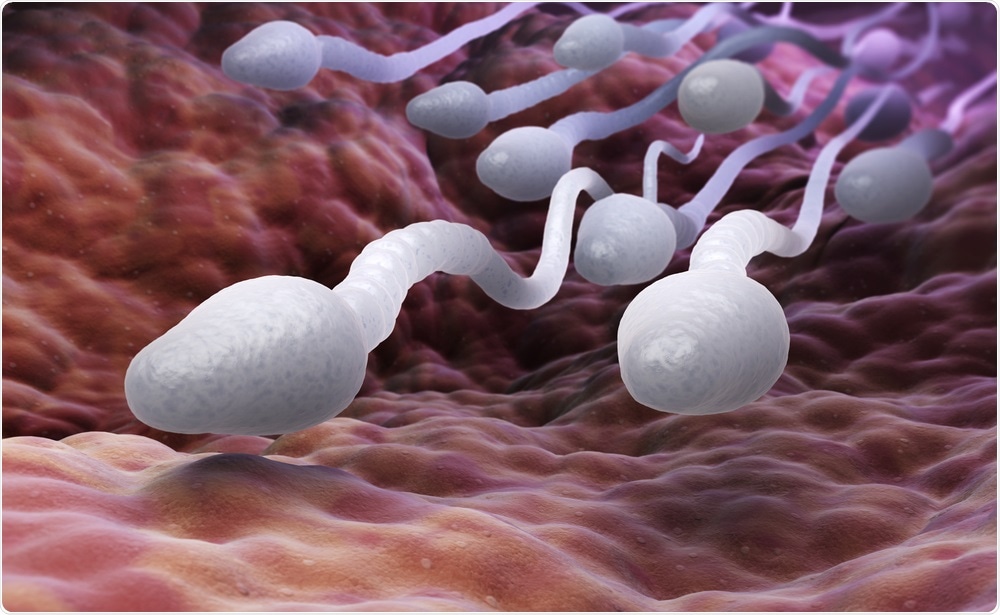
Father's age shown to affect health of offspring
A new study conducted at Stanford University in California has shown that infants of older fathers are less likely to be healthy at birth, compared with infants of younger fathers.
 Image Credit: Tatiana Shepeleva / Shutterstock
Image Credit: Tatiana Shepeleva / ShutterstockThe authors say the risks of poorer health remain low, but that the study suggests men should be included in preconception care and the health implications of rising paternal age should be investigated further.
Traditionally, women have been encouraged not to leave having children until their late thirties and forties because of the increased risk to their offspring and themselves. It is widely believed that aging does not carry the same risks for men. However, the current study suggests that paternal age also has an impact.
Few studies have assessed the effect paternal age may have and those that have, have mainly looked at the risk of congenital diseases.
As reported in the BMJ, the Stanford researchers examined data available for 40,529,905 births that took place between 2007 and 2016 for the influence of paternal age on various health outcomes of babies and mothers.
After adjusting for maternal age, maternal smoking status, the number of prenatal visits, race and education, children with fathers aged 45 years or older were born an average of 0.12 weeks earlier than babies with fathers aged 25 to 34 years and were at a 14% greater risk of being born prematurely (at less than 37 weeks.)
The children of fathers aged 45 plus were born an average of 20.2g lighter and were at a 14% greater risk of low birth weight (less than 2500g). Their risk of being admitted to neonatal intensive care was also 14% greater and their risk of having seizures was 18% greater.
In addition, the infants of fathers aged 55 years or more tended to have lower scores on a test of newborns’ health called the Apgar test.
The study also showed that women carrying the baby of fathers aged 55 plus were at a 34% greater risk of developing gestational diabetes.
The researchers emphasise that this is an observational study, meaning no firm conclusions about cause and affect can be drawn. However, they suggest that changes in the sperm of older fathers could explain the results.
They also stress that the overall risks of the poorer health outcomes is probably still low, but that rising paternal age is associated with a negative health impact on mothers and babies.

































No hay comentarios:
Publicar un comentario